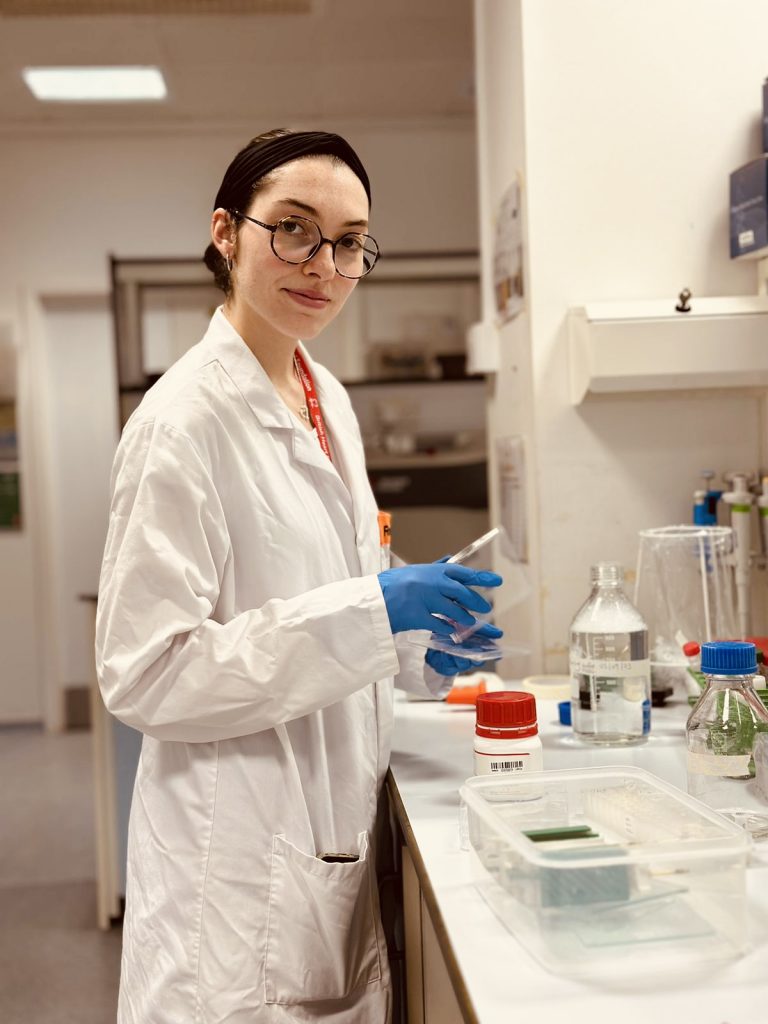
The final year of a STEM PhD programme is always hectic. With numerous experiments to conclude and extensive writing demands, time becomes precious. However, attending an international conference, such as the Platelet Society – European Platelet Network (EUPLAN) joint meeting, represents a great use of the time.
The Joint Platelet Society / EUPLAN conference is a three-day programme consisting of an Early Career Researchers meeting, full of career workshops and networking, followed by a two-day conference of selected oral presentations, poster sessions, plenaries and keynote lectures from international experts and key opinion leaders in the platelet and megakaryocyte field. The objective of this event is to gather senior and junior scientists in an informal atmosphere to discuss the latest research in platelet and megakaryocyte knowledge while promoting international collaboration and scientific discussion.
The advantages of attending such an event in the last year of your PhD are numerous. By this stage, your research project is likely to be more mature, which will allow you to give the whole picture of your work. Putting together all your experiments for a poster or a talk will help with your thesis writing. Whether you have already published a paper or have one in progress, this platform is ideal for disseminating your research findings and directing people to your publications. After all the hard work, it is time to share all your achievements.

These events typically include career development workshops, which can provide valuable insights into potential job opportunities after your PhD. The seminars, open group discussions and practical workshops will be led by influential leaders in the field. This is a great opportunity to interact with these experts, who represent potential external examiners, paper or grant reviewers and future employers. If you were looking for a job after your PhD, showing your previous achievements is probably the best way of capturing the attention of potential employers. Conferences featuring an Early Career Researcher Day often include industry-invited speakers, offering an ideal setting for networking and inquiring about the hiring process and job specifics.
International conferences bring together scientists from around the globe, providing a unique opportunity to explore the prospect of leading a research project in a different city or country following your PhD. Research cultures vary significantly across different groups, and working in another country offers valuable personal and professional experience. Engaging with research leaders from around the world will help you identify potential opportunities that align with your scientific interests and research philosophy.
Participating in this kind of international gathering also creates the perfect environment to get to know colleagues from other laboratories, which offers the chance to work on your interpersonal skills and build networks for support and collaboration. If you were considering joining a new research group, it is important to take the time to speak to some of the members. The relaxed environment of a conference dinner or lunch represents the perfect moment for such interactions. You can ask about the leadership style of the head of the group, the available facilities, and the expected workload, among other relevant aspects. These insights are invaluable for making informed decisions about your post-PhD journey.
In conclusion, participating in a conference in the final year of your PhD offers a unique opportunity to showcase your research and develop your career. It is a great investment that will improve your knowledge, connections, and future opportunities.


